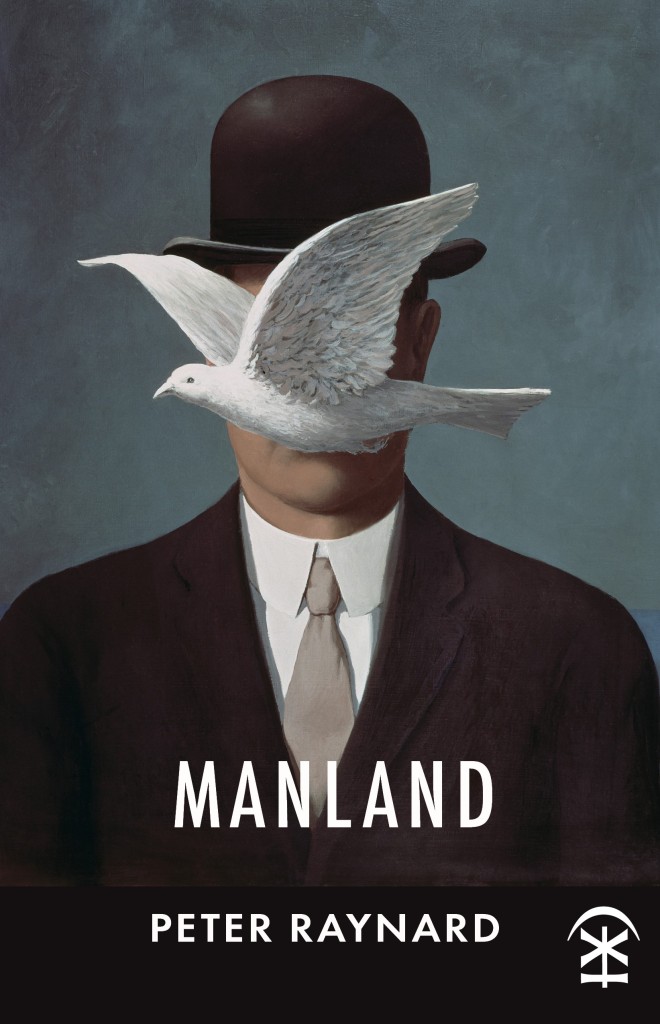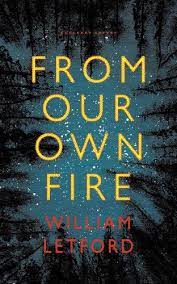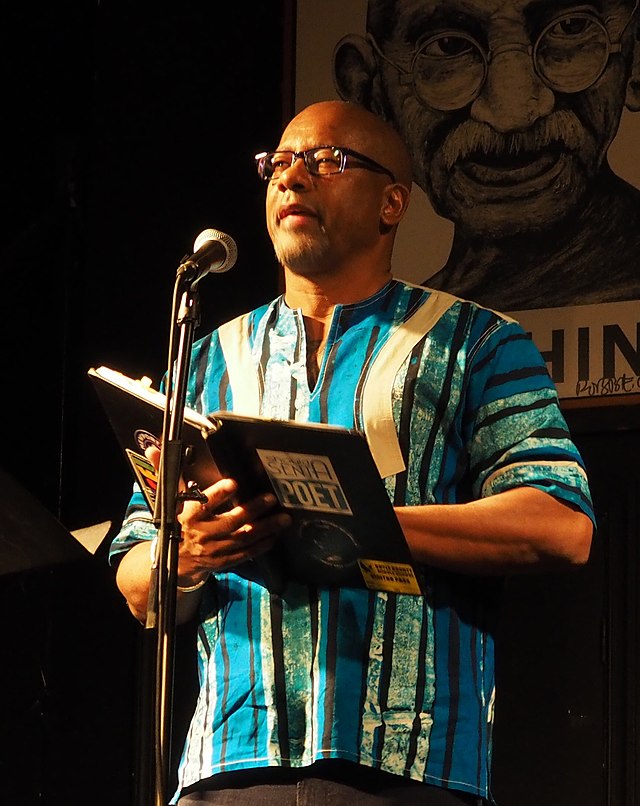Author: Peter Raynard
Short Review of ‘From Our Own Fire’ by William Letford
I wrote a review for the Leicester University site, Everybody’s Reviewing run by the novelist, short story writer, poet, and all round good person, Jonathan Taylor (whose partner is the poet Maria Taylor, who previously appeared on PP).
Jonathan has just published a really interesting short story collection, with the wonderful title, ‘Scablands, and other stories’. Published by Salt. You can grab a copy here.
William Letford’s new poetry/prose book, forthcoming in August with Carcanet. You can get a copy of it here.
Review of ‘From Our Own Fire’, by William Letford
As a planet, we may or may not be near an apocalyptic ending. But the notion of such an event, whether triggered by contagion, nuclear war, robotic takeover, or ecological disaster, has never been more in the forefront of our minds. Art has reacted, as it should, through books like The Road, and TV series such as Black Mirror and Sweet Tooth.
Letford’s latest book ‘From Our Own Fire’ (his first in seven years), is a speculative poetic response to this contemporary terror, one that takes a very different path both in form and subject from his previous work.
The global economy is gone
Good. It was just
murmurations in the sky
Opulent and undecipherable
The book is written as the journal of a stonemason and his working class family, the Macallums. Hybrid in form, a page of prose is followed by a linked poem throughout.
We are embedded in the family’s survivalist response to what appears an hyper-capitalist gear change by the ruling elites. A rogue robot, The Intelligence, nicknamed Andy by the family, is on the loose, casting chaotic AI on an already chaotic situation.
‘During the days Andy worked on the messages, the Baked Bean hoarders were out in force. Supermarket shelves emptied and people stepped out of their front doors like meerkats. In the middle of the madness, Joomack invited me to a tattoo party.’
In Letford’s first two Carcanet collections (Bevel in 2012, then Dirt in 2016), his ambit was the lives of the working class. The loiterers, barflies, manual workers, from the place he came from, and those of his travels. Giving voice to the working class, often with the lyricism of the Scottish dialect.
‘From Our Own Fire’, has a similar cast list, but is a much more inventive and frightening book for all that it foreshadows. It could have been overdramatic, but in Letford’s hands it is done with poignancy, humour, and beauty.
Affrilachian Poetry: Breaking another Stereotype
For those of you in the UK who were born in the 50s you may have seen the US TV show Beverly Hillbillies, embodied in the Clampett family, who became rich through the discovery of oil, as the lyrics of the theme tune demonstrated.
“Let me tell you a story ’bout a man named Jed: Poor mountaineer barely kept his family fed. … and then one day he was shootin’ out some food … and up from the ground came a bubblin’ crude.”
For those of us born a little later, the 1973 film Deliverance was another gateway to the life of Appalachian poor. A film about some city men who want to experience the back woods and rivers of the countryside but bump up against ‘rednecks’ (‘squeal like a pig boy’- if you know you know), and most famously where one of the men plays guitar with a young local boy on the banjo who outplays him; known as the duelling banjos scene.
For those of us born a little later, the 1973 film Deliverance was another gateway to the life of Appalachian poor. A film about some city men who want to experience the back woods and rivers of the countryside but bump up against ‘rednecks’ (‘squeal like a pig boy’- if you know you know), and most famously where one of the men plays guitar with a young local boy on the banjo who outplays him; known as the duelling banjos scene.
In these programmes and films, Appalachian people are seen as uneducated, poor and unlawful. A lot of very good Southern gothic literature comes from the region, and Savanah Alberts has written a great article, ‘Hootin’ and Hollerin’: The Portrayal of Appalachians in Popular Media, which kicks back against the negative stereotypes.
What is most striking to me now looking back, is that all the characters were white. Yet, African Americans make up 10% of Appalachia (a long spine of mountain area from central Alabama, northeast into southern Canada). For a hundred and fifty years, African American Appalachians have had to fight just to be noticed. This began when the first celebration of emancipation in America took place in the small town of Gallipolis Appalachia, on the Ohio River on September 22nd, 1863.
What filled this gap in my knowledge was reading Crystal Wilkinson’s collection Perfect Black, in which she explores her identity of being poor and black in Appalachia. In the opening, aptly named poem, ‘Terrain’, she describes herself in relation to the area.
“I am plain brown bag, oak & twig, mud pies & gut-wrenching gospel in the throats of old tobacco brown men….. I toe-dive in all the rivers seeking the whole of me, scout virtual African terrain sifting through ancestral memories, but still I’m called back home through hymns sung by stout black women in large hats & flowered dresses….All roads lead me back across the waters of blood & breast milk, from ocean to river, to the lake, to the creek, to branch & stream, back to sweet rain, to the cold water in the glass I drink when I thirst to know where I belong.”
Wilkinson is part of a poetry collective known as The Affrilachian Poets. The term Affrilachia was coined by fellow poet, Frank X Walker in 1991 to address the gap in knowledge of the African American experience in Appalachia. In his own collection, Affrilachia, the poem Statues of Liberty, conveys the hard life of his mother. ‘mamma scrubbed/ rich white porcelain/ and hard wood floors/ on her hands and knees/ hid her pretty face and body/ in sack dresses/ and aunt jemima scarves/ from predators/ who assumed/ for a few extra dollars/ before Christmas/ in dark kitchen pantries/ they could/ unwrap her/ presents’
The collective has being going for over thirty years and celebrated its 25th anniversary with the anthology, Black Bone. Other poets in the collective include, Nikki Giovanni, and Bianca Spriggs, amongst others. Here is a Book Riot article on seven collections from the collective. Finally, if podcasts are your thing, there is a great series called Black in Appalachia.
Featured on Planet Poetry Podcast
I had the great pleasure of talking about masculinity, class, disability and fatherhood with Peter Kenny and reading poems from my collection ‘Manland‘ on his and Robin Houghton‘s Planet Poetry Podcast. I hope you enjoy it.

Here is the link on Spotify:
https://open.spotify.com/episode/3S47nmrsdLCYQQMPvLrkQ8
If you don’t have Spotify you can listen to it on other platforms by going to,
https://planetpoetry.buzzsprout.com/

You can buy a copy of Manland from myself for £10 (incl. P&P UK only) or £13 (incl. P&P worldwide)
or direct from my publisher Nine Arches Press by clicking here
Featured Publication – Manland by Peter Raynard
My book Manland is the featured publication on Atrium. Thanks to Holly Magill and Claire Walker. You can get a copy here https://ninearchespress.com/publications/poetry-collections/manland
Our featured publication for September and October is Manland by Peter Raynard, published by Nine Arches Press.
Peter Raynard’sManlandis a bold, brilliant and outspoken new collection of poems that scrutinise men and manhood, mental health, working class lives and disability. Aloud and alive with music, wit, anger and rebellion, this is an accomplished, politically aware and vital book.
Raynard is a skilled observer, and these razor-sharp poems document parenthood through the lens of a stay-at-home dad, attempt to tell the truth about men and depression, study our cultural and social and medical relationships with drugs and drug-taking, and lay bare the realities of life at the sharpest edges of society. By turns frank, painful and bleakly funny, this humane and brilliant book encompasses pride and prejudices, the bonds between lads and dads, the toxic pressures of masculinity and the way illness and poverty irrevocably shape lives.
“InManlandPeter Raynard traverses…
View original post 362 more words
Publication Day for Manland my Second Collection
Today my second collection ‘Manland‘ is published by Nine Arches Press, https://www.ninearchespress.com/publications/poetry-collections/manland (£9.99 with free P&P). The first fifty orders will be signed. Nine Arches Press also do a very good book subscription,
Described as a a “bold, brilliant and outspoken new collection of poems that scrutinise men and manhood, mental health, working class lives and disability. Aloud and alive with music, wit, anger and rebellion, this is an accomplished, politically-aware and vital book.”
I am grateful to Fran Lock, Jacqueline Saphra, and Richard Skinner for the following endorsements:
“Part manifesto, part hymn, part raging lament, this collection takes apart the dirty engine of so-called masculinity, strips it down to its component parts, reconsiders and rearranges them using a dazzling array of poetic forms. It is only through acknowledging the strength of their vulnerability, these poems suggest, that men will be able to manifest change in our broken system where the violence of patriarchy is the enemy of us all.” – Jacqueline Saphra
“In Manland Peter Raynard traverses the unstable terrain of working-class masculinity. His poems meet manhood in all of its banter and swagger; its persistent myths and dangerous silences. With his characteristic lyric verve, Raynard explores what it means to be a man, a father, a husband, and a son. The result is moving, candid, wise and tender, full of humour and hard-won insight. A convincing and beautiful book.” – Fran Lock
“One of the things I love most about Peter Raynard’s work is his voice. His voice is necessary, vital, passionate. It is the voice of anger at social injustice, a voice that deconstructs toxic masculinity, a chronicler of illness. Above all, it is the voice of truth. He tells us how the world is, not how we would like it to be. In this way, Peter Raynard is nothing short of a truth-teller.” – Richard Skinner
If you are able to buy it, I’d be very grateful and I hope you enjoy it.
Best wishes, Peter
The Communist Manifesto: a poetic coupling by Peter Raynard
On the day of Marx’s birth, my poetic coupling of the Communist Manifesto
The following appeared on the brilliant Culture Matters site, edited by Mike Quille. The site is a great source and resource of working class and socialist culture.
A Poetic Coupling of the Communist Manifesto by Peter Raynard (with Karl Marx)
Counting in at around 12,000 words, can there be a more influential book with so relatively few words, than the Communist Manifesto? Today (21st February, 2018) is said to be the 170th anniversary of its publication. Written in a six-week rush, after the Communist League imposed a deadline on Marx, its take up has been phenomenal and its relevance remains today, if not more so.
Much is planned to mark the occasion, especially as it is also the 200th anniversary of Marx’s birth on May 5th. I have read the Manifesto a number of times over the years. However, as a poet, I hadn’t given it…
View original post 1,105 more words
Book Review: The Hundred Years’ War: Modern War Poems edited by Neil Astley
Another reblog in solidarity with the people of Ukraine, from 2015 of a book of war poems published by Bloodaxe Books
 ‘There is nothing one man will not do to another.’ (The Visitor, Carolyn Forché)
‘There is nothing one man will not do to another.’ (The Visitor, Carolyn Forché)
On 7th January 1915 the war in Europe was at a stalemate. Soldiers were still dying for an unknown cause but the papers in the UK at least, were headlined with floods that covered much of the country. On the following day, the future UK Prime Minister David Lloyd George, in response to the war not ‘being over by Christmas’, said that half a million new volunteers should not be ‘thrown away in futile enterprises’ and by ‘this intermittent flinging …. against impregnable positions’.
‘Tumbling over hills, likes waves of the sea/Staggering on, attracted magnetically by Death.’ (At the Beginning of the War, Peter Baum, 1915)
View original post 654 more words
Postman in the Smoke, and Inferno by Antony Owen
I am republishing this post from 2015 by Antony Owen, as a mark of solidarity with the people of Ukraine.
 When you look at the iconic picture taken of the German city of Dresden in 1945, it is as though the statue of the Rathausturm, known as ‘Die Gute’ (the Goodness – a personification of kindness), is pointing in disbelief at the utter devastation wrought by the British, where an estimated 25,000 people (many of them civilians) were killed. Almost five years previously in November 1940, my home town of Coventry, was heavily bombed by the Germans because of its industry and munitions factory. Although the death toll (estimated c560+) was far less than in Dresden, it was still massively devastating in terms of the damage done to the city, which took years to rebuild.
When you look at the iconic picture taken of the German city of Dresden in 1945, it is as though the statue of the Rathausturm, known as ‘Die Gute’ (the Goodness – a personification of kindness), is pointing in disbelief at the utter devastation wrought by the British, where an estimated 25,000 people (many of them civilians) were killed. Almost five years previously in November 1940, my home town of Coventry, was heavily bombed by the Germans because of its industry and munitions factory. Although the death toll (estimated c560+) was far less than in Dresden, it was still massively devastating in terms of the damage done to the city, which took years to rebuild.
 The greatest symbol of that destruction is the ruins of the old Coventry Cathedral. I still go up its tower, St Michael’s, and two things stay with me when I look at the view; the…
The greatest symbol of that destruction is the ruins of the old Coventry Cathedral. I still go up its tower, St Michael’s, and two things stay with me when I look at the view; the…
View original post 685 more words
Free Anthology: A Fish that Rots from the Head (selected and edited by Rip Bulkeley)

A Fish Rots From The Head: A Poetic and Political Wake (published by Culture Matters) is a flash anthology of poetry and artwork, by around 100 poets and artists from England, Scotland and Wales. It expresses the fury and betrayal felt by working people about the leadership of this country – the mendacity, selfishness, corruption, smears on opponents and disregard for the general public shown by leading figures in the Johnson government.
This collection of images, parodies, rants, squibs, and full-on poems, put together in less than three weeks, is just part of a tide of satire now sweeping across Britain. It challenges, satirises, despairs, and even dares to laugh at the venal moral hypocrisy of our leaders, whose malignant mixture of callousness and ineptitude has never made life so hard, in so many ways, for so many working people in this country. Through its demonstration of compassion for the suffering of others, and its protest against wrongdoing by those in high office, this collection of poems and artworks provides a very necessary space and inspiration for solidarity and resistance. Let’s hope the removal vans come soon!
The book is available below. Feel free to download it and share with your friends and networks. You are also free to make a donation towards Culture Matter’s costs, as much as you like, using this button and download the anthology here. In solidarity!



